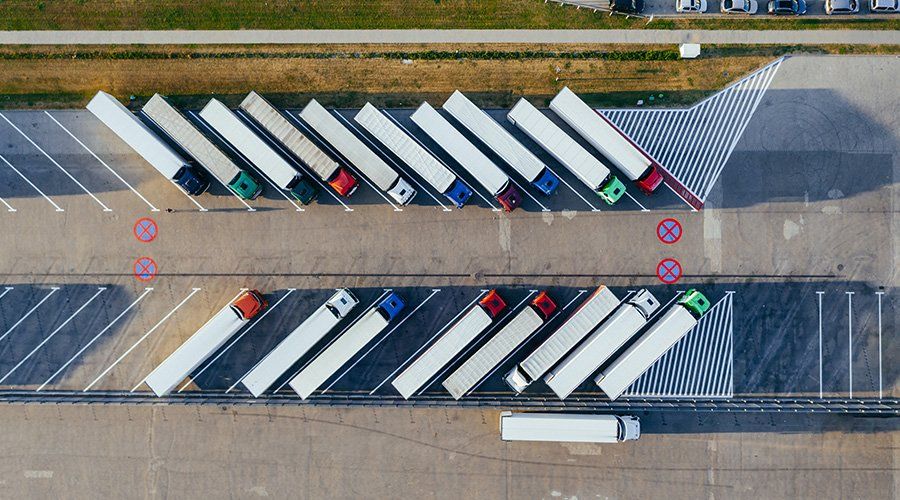
Once you’ve become an expert on the background screening requirements (link to Your Guide to DOT Background Check Requirements for Drivers) in the trucking industry, and you’ve become an absolute pro on the drug testing regulations (link to Importance of CDL Drug Tests for Fleet Safety), it’s time to turn your attention to DOT physical exams. This necessary part of driver hiring and ongoing fleet management keeps your drivers, your community, and your company safe. Read on to learn more about the who, what, and why of CDL physical exams.
(Note: A CDL physical, DOT physical, and DOT medical exam are all different names for the same thing, so we’ll use them interchangeably throughout this helpful guide!)
Why Do We Need a CDL Physical?
The purpose of a CDL physical is to ensure that drivers are physically capable of managing their jobs, as handling heavy machinery like a commercial vehicle can be a danger to themselves and the public if they aren’t fit for duty. CDL physicals ensure the efficiency and safety of your drivers, so they also benefit you as a fleet manager or owner.
What Is a DOT Physical Exam?
Per the Federal Motor Carrier Safety Administration (FMCSA), a DOT physical must be conducted by a licensed medical examiner, one listed on the FMCSA’s official National Registry.
A CDL physical begins with a medical history document that asks about a driver’s medical history, medications, and physical limitations. Then, a qualified medical professional conducts a physical exam, which will look at a driver’s:
- Hearing
- Sight
- Blood pressure
- Urinalysis
- Spine, limbs, and extremities
- Lungs
- Abdomen
- Equilibrium
- Reflexes
- Speech
The exam is valid for 24 months, though the medical examiner can determine that certain findings (like high blood pressure) warrant an updated exam sooner than every 24 months.
Who Gets a CDL Physical?
Anyone with a commercial driver’s license whose vehicle meets the following criteria is required to get a CDL physical at least every two years:
- A gross vehicle weight or gross vehicle weight rating of at least 10,001 pounds
- Used to transport over 8 passengers, counting the driver, for a fee
- Used to transport over 15 passengers including the driver
- Used to haul hazardous materials in amounts that require placarding
Can You Fail a DOT Medical Exam?
Yes, your drivers can fail their DOT medical exam (that’s why we have them!). Here are a few common causes that might result in a failed CDL physical:
- High blood pressure
- Epilepsy
- Alcoholism or drug use
- Missing extremities
- Cardiovascular or respiratory disease
- Diabetes
- Poor eyesight
- Hearing loss
- A nervous or psychiatric disease
These ailments disqualify drivers from passing a DOT physical because they’re considered afflictions that negatively impact their ability to safely drive a commercial vehicle. Not all of these disqualifying events are forever, though. Some of these can be rectified through better health or outside help like eyeglasses or a hearing aid.
How Can I Effectively Manage Our DOT Medical Exams?
To make your DOT physical requirements a breeze to manage, you should choose a background screening partner who offers DOT medical exams. Combining your DOT physical exams with your required background screening (link to Your Guide to DOT Background Check Requirements for Drivers) and drug testing (link to Importance of CDL Drug Tests for Fleet Safety) programs will simplify the process for fleet managers and drivers. Most background screening companies will provide all three of these services, and many can help you manage necessary re-checks with helpful, automated notifications.
Additionally, keep your drivers informed about these requirements so they can keep ahead of any potential medical problems that would abruptly disqualify them from continuing employment as a truck driver.
Looking For Extra Help?
If the trucking industry is new to you, these regulations and requirements might seem overwhelming. Don’t panic! Gold Star has years of experience helping new owners get their trucking company on the road. Let’s discuss your needs and find a consulting program that meets your needs.








